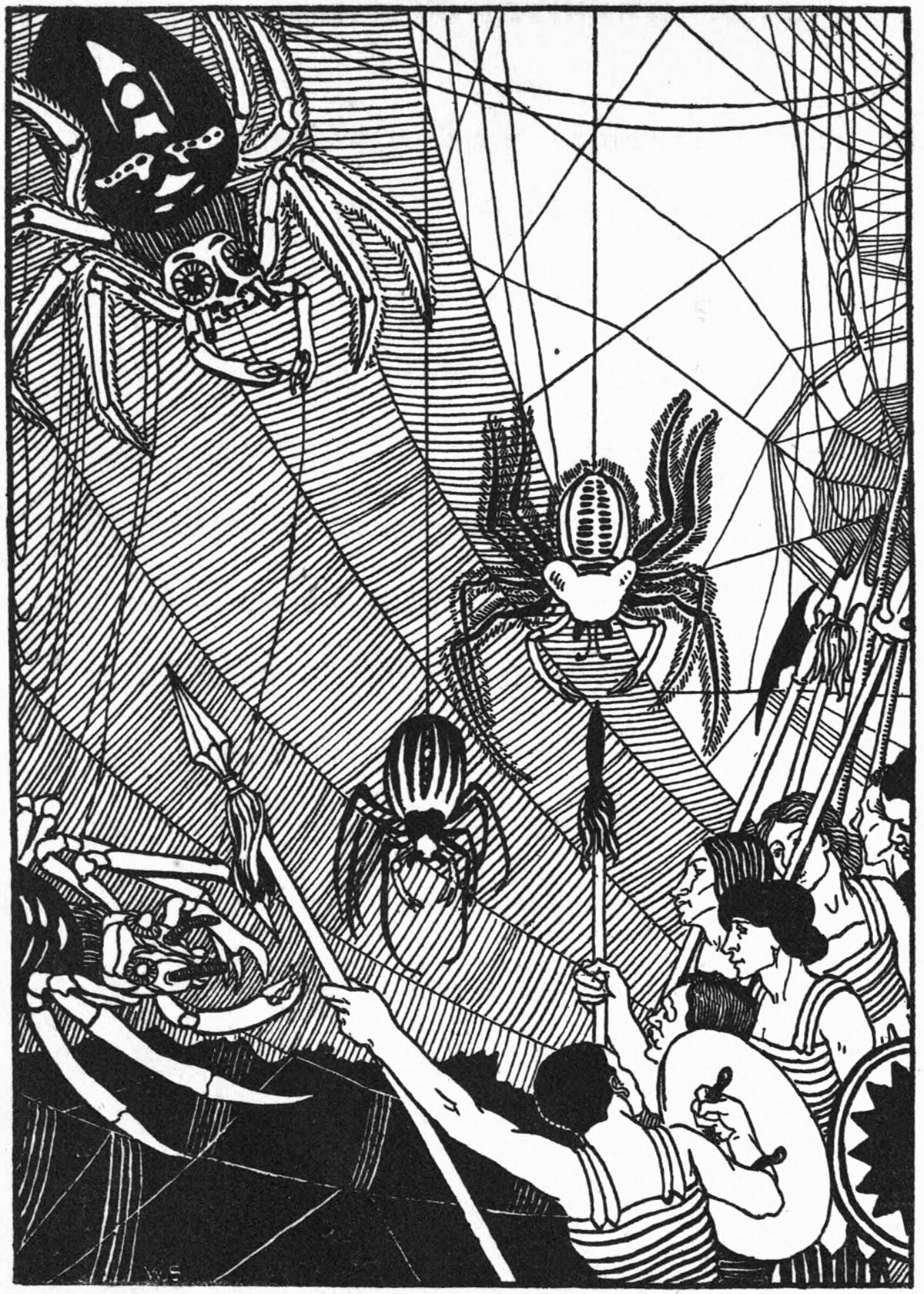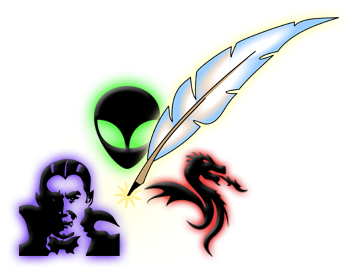Guttersnipe
mortal ally
During the second century A.D., a Greek-speaking Assyrian named Lucian came out with a book called A True Story, a.k.a. True History. With its themes of interplanetary travel and extraterrestrial life, it has been considered by some to be the first work of science fiction. However, detractors say that it is mere satire and should be only categorized as such.

 en.m.wikipedia.org
en.m.wikipedia.org
Then there's Somnium, a novel written in 1608 by Johannes Kepler. It describes viewing Earth from the moon. Like its early proto counterparts, it retains mythical creatures; demons inhabit the moon. This book is probably more well-known.

 en.m.wikipedia.org
en.m.wikipedia.org
Of course, I'm only naming a few early sci-fi/proto-sci-fi stories; there are Japanese and Middle Eastern folktales that include extraterrestrials and automatons while maintaining a mythical background.
Lastly, there's Frankenstein, most popular and scientific of all, though I feel it's not "pure" because it is also a horror tale. Very peculiar, me.
Have any of you wondered about the creation and evolution of sci-fi? Have you read any such stories? What did you think of it?

A True Story - Wikipedia
Then there's Somnium, a novel written in 1608 by Johannes Kepler. It describes viewing Earth from the moon. Like its early proto counterparts, it retains mythical creatures; demons inhabit the moon. This book is probably more well-known.

Somnium (novel) - Wikipedia
Of course, I'm only naming a few early sci-fi/proto-sci-fi stories; there are Japanese and Middle Eastern folktales that include extraterrestrials and automatons while maintaining a mythical background.
Lastly, there's Frankenstein, most popular and scientific of all, though I feel it's not "pure" because it is also a horror tale. Very peculiar, me.
Have any of you wondered about the creation and evolution of sci-fi? Have you read any such stories? What did you think of it?



